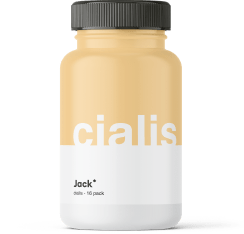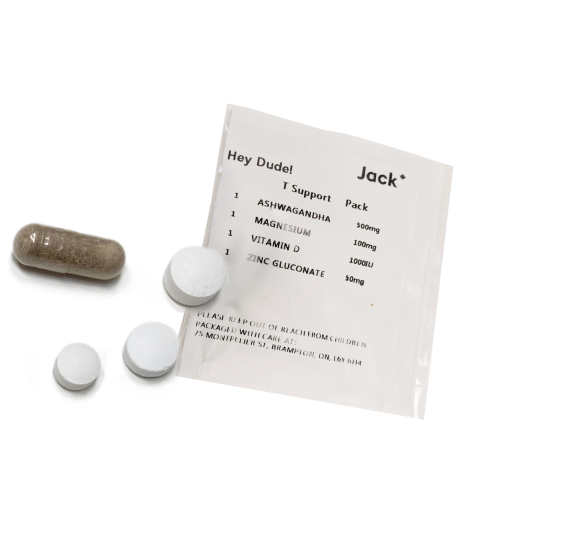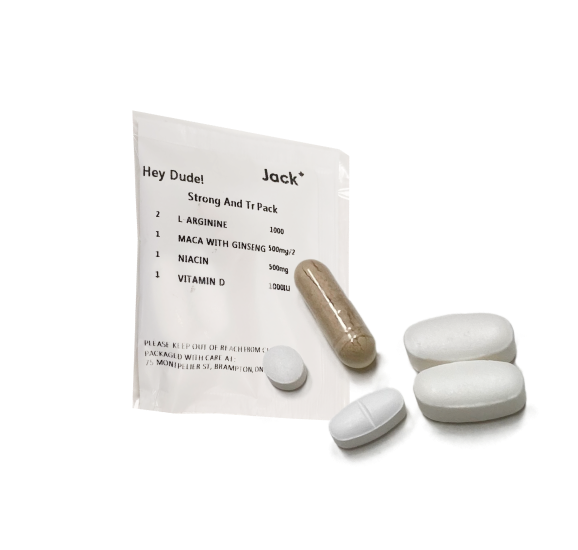Creatine isn’t just for boosting athletic performance—it’s also sparked some interest and worries about its effects on hair health. While it’s best known for ramping up energy in muscle cells and helping to make ATP, which powers all sorts of cellular functions, people are curious about whether it has any side effects on hair.
This attribute makes it a staple in the regimen of many athletes aiming for peak performance and rapid muscle growth.
However, its association with hair loss, particularly through the possible increase of dihydrotestosterone (DHT) levels, prompts a thorough exploration.
Let’s uncover the common misconceptions around creatine!
What is Creatine?
Creatine is a substance that plays a crucial role in energy production, particularly within muscle cells. It is naturally found in your body, primarily in skeletal muscle, where it assists in the production of adenosine triphosphate (ATP), the molecule that fuels cellular activities. This makes creatine particularly popular among athletes and fitness enthusiasts looking to enhance their performance and increase muscle mass.
How Creatine Works
Creatine functions as a quick energy source in your muscles, needed during intense physical activity, such as lifting weights or sprinting. Its role in energy production is vital for short bursts of powerful movements and helps increase the production of ATP, fueling the muscles for high-intensity exercise.
Natural sources of creatine and reasons for supplementation include:
- Red meat and fish: These are the primary dietary sources of creatine.
- Endogenous production: Your body synthesizes creatine in the liver, kidneys, and pancreas from the amino acids glycine, arginine, and methionine.
- Enhanced performance: Supplementing with creatine can improve strength, power, and muscle mass.
- Rapid recovery: It helps in faster recovery of ATP, which is beneficial during repetitive high-intensity activities.
- Vegetarian diet: Because vegetarians avoid meat, their diets might have lower levels of creatine, making supplementation potentially beneficial.
Research on Creatine and Hair Loss
Some studies suggest that creatine supplementation may increase dihydrotestosterone (DHT) levels, an androgen that plays a role in the development of male and female pattern baldness. Elevated DHT levels are linked to the shrinkage of hair follicles, which can eventually lead to hair thinning and loss.*
*Source: Creatine and Hair Loss
For those concerned about hair loss potentially accelerated by increased DHT levels from creatine use, understanding the effectiveness of treatments like Finasteride is crucial. Explore our detailed look at the timeline of results with Finasteride to see how this medication might help counteract hair loss.
How increased DHT levels may lead to hair loss:
- Follicle shrinkage: DHT attaches to receptors in hair follicles, causing them to shrink.
- Shortened growth phase: High levels of DHT shorten the hair growth cycle, leading to thinner, shorter hair.
- Increased hair shedding: As hair follicles shrink, the rate of hair shedding may surpass hair growth, leading to noticeable hair thinning.
Creatine Study from 2009
The 2009 study linking creatine supplementation to increased hair loss has been widely referenced but criticized for several reasons. The study reported an increase in DHT levels among participants taking creatine, which was then linked to potential hair loss.*
*Source: Increase in DHT Levels
Supporting the hypothesis that creatine supplementation may influence hormonal levels, a study conducted by Johann van der Merwe and colleagues found that three weeks of creatine monohydrate supplementation in college-aged rugby players resulted in altered resting concentrations of androgens, notably a significant change in the dihydrotestosterone (DHT) to testosterone (T) ratio (van der Merwe et al., 2009). This finding suggests a potential mechanism by which creatine could influence hair follicle sensitivity and behavior.*
*Source: Creatine Monohydrate Supplementation
Reasons the findings might be misinterpreted or overgeneralized:
- Small sample size: The study was conducted with a limited number of participants, which may not represent the broader population.
- Lack of long-term data: The study was short-term, and long-term effects of creatine on hair loss were not assessed.
- Absence of direct measurement of hair loss: The study measured DHT levels but did not directly measure hair loss among participants.
What Recent Research Shows
Recent studies on creatine and hair loss present a mixed picture, with no definitive link established. However, the conversation is ongoing, and the scientific community remains interested in exploring this potential side effect.*
*Source: Creatine and Hair Loss Results
Gaps in current research and the need for further studies:
- Diverse populations: Most studies have limited diversity in participants, which could affect generalizability.
- Controlled environments: Many studies do not account for external factors that may influence hair health.
- Mechanism of action: The exact biological pathways through which creatine might impact hair growth remain unclear.
While creatine is beneficial for muscle energy and performance, its impact on hair loss is still under investigation. Current evidence shows no direct causation but a potential association that needs further exploration.
Distinguishing between a natural maturing hairline and potential hair thinning caused by supplements like creatine can be challenging. Learn more about what a mature hairline looks like to better understand your own hairline changes.
Addressing Common Questions and Misconceptions
As creatine continues to be a popular supplement, particularly among athletes, a variety of concerns have surfaced regarding its safety and effects on the body, including its impact on hair and overall health.
Does Creatine Cause Baldness?
The question of whether creatine causes baldness does not have a straightforward answer. Research suggests that creatine may increase dihydrotestosterone (DHT) levels, which is a factor in the development of pattern baldness in genetically predisposed individuals. However, it’s crucial to recognize that genetics primarily drives baldness. Creatine may accelerate this process in those already predisposed but is unlikely to cause baldness.
Beyond creatine supplementation, other factors contribute to baldness: genetics, age, hormonal changes, poor nutrition, stress, certain medications, and illnesses.
Is Hair Loss from Creatine Permanent?
If creatine use is indeed contributing to hair thinning or loss, this effect may be reversible upon cessation of supplementation. If the hair loss is linked to increased DHT levels caused by creatine, reducing those levels may allow hair follicles to recover and resume normal growth.
When to consult a healthcare professional about hair loss:
- If hair loss is rapid or patchy: This can indicate conditions other than pattern baldness.
- If you experience scalp irritation or pain: These symptoms can signal skin conditions that might lead to hair loss.
- If hair loss continues after stopping supplements: To rule out underlying health issues.
- When considering hair restoration treatments: Professional guidance is essential for effective and safe treatment options. If you’re exploring treatment options for hair loss that may be related to increased DHT levels due to creatine use, it’s important to compare the available treatments. Our detailed guide on Finasteride vs. Minoxidil offers an in-depth comparison of these two popular treatments to help you make an informed decision.
Does Creatine Lead to Other Side Effects like Kidney Damage or Water Retention?
Creatine is generally considered safe when used as directed, but misconceptions about its safety profile persist. Studies have shown that creatine does not cause kidney damage in healthy individuals, although caution is advised for those with pre-existing kidney conditions. Water retention does occur, particularly during the initial loading phase of supplementation, leading to temporary weight gain, but this is usually not harmful.*
*Source: Creatine Side Effects
Recommendations for safe creatine use to minimize potential side effects:
- Stay hydrated: Adequate water intake can help manage water retention.
- Follow recommended dosages: Avoid high doses that can increase the risk of side effects.
- Monitor kidney function: Especially if you have a pre-existing condition or are using creatine long-term.
- Consult with a healthcare provider: Particularly if you have existing health conditions or are taking other medications.
- Cycle creatine use: Taking breaks from supplementation may reduce the risk of long-term side effects.
These guidelines can help ensure that the use of creatine remains a safe component of your fitness regimen, allowing you to benefit from its performance-enhancing properties without undue concern about hair loss or other potential side effects.
Key Takeaways
- Creatine and Hair Loss: Creatine may increase DHT levels, potentially accelerating hair loss in those genetically predisposed, but it does not directly cause baldness. Any related hair loss is typically reversible with cessation of supplementation.
- Consultation and Reversibility: If experiencing significant hair loss while using creatine, consult a healthcare professional. Discontinuing creatine often reverses its effects on hair loss.
- Safe Creatine Use: Creatine is safe when used responsibly. Recommendations include staying hydrated, following recommended dosages, and monitoring for potential side effects like water retention and kidney stress.
Frequently Asked Questions
Is Creatine Good for Your Hair?
Creatine does not directly benefit hair health. While it is effective for enhancing muscle energy and performance, no scientific evidence suggests that creatine improves hair growth or prevents hair loss. In fact, it may increase DHT levels, a hormone linked to hair loss in genetically predisposed individuals.
How Much Does Creatine Increase DHT Levels?
Creatine supplementation can lead to a significant increase in DHT levels. Research shows that DHT levels may rise by about 40% after a week of creatine loading, and although they stabilize, they typically remain around 20% above baseline during maintenance phases. This increase can vary widely among individuals, influenced by factors such as genetics, hormonal balance, and overall health.
Which Type of Creatine Supplement is Least Likely to Cause Hair Loss?
No specific type of creatine has been proven to be less likely to cause hair loss. All forms of creatine, including popular ones like creatine monohydrate and micronized creatine, affect the body’s chemistry in similar ways and could potentially increase DHT levels. To minimize the risk of hair loss, choose high-quality supplements with minimal additives and consult with healthcare professionals to find the best option for your personal health profile.
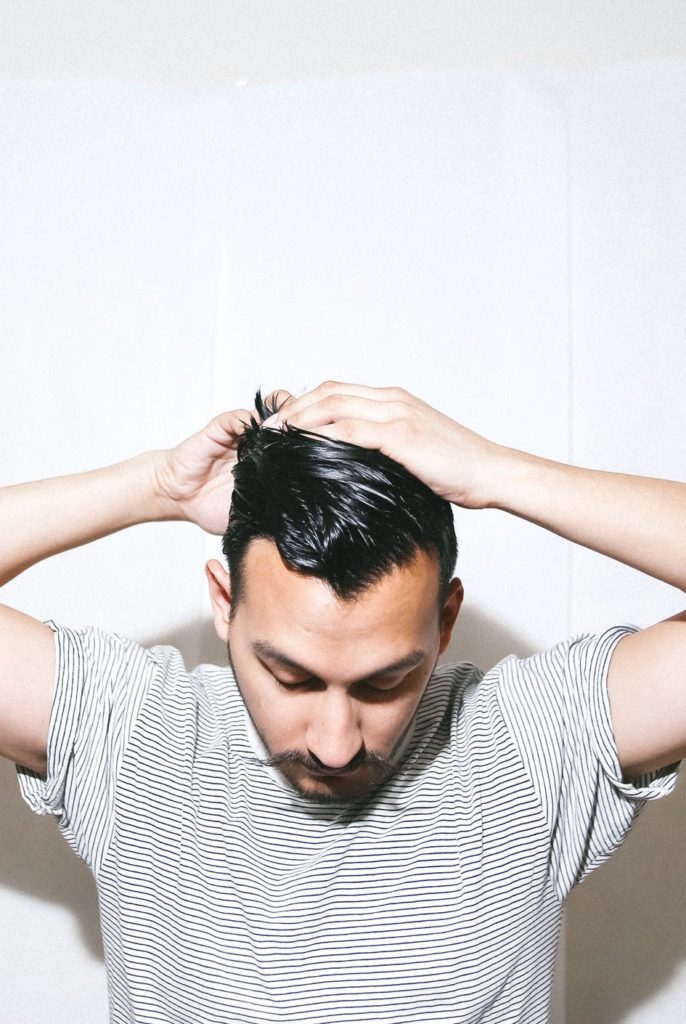













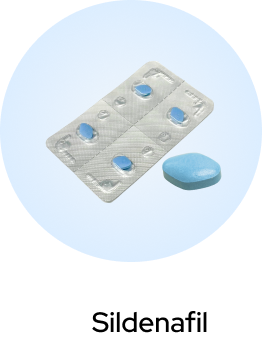
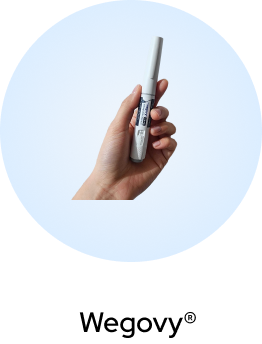
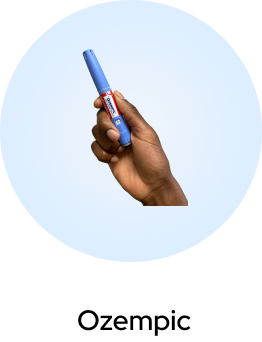


 (US)
(US)